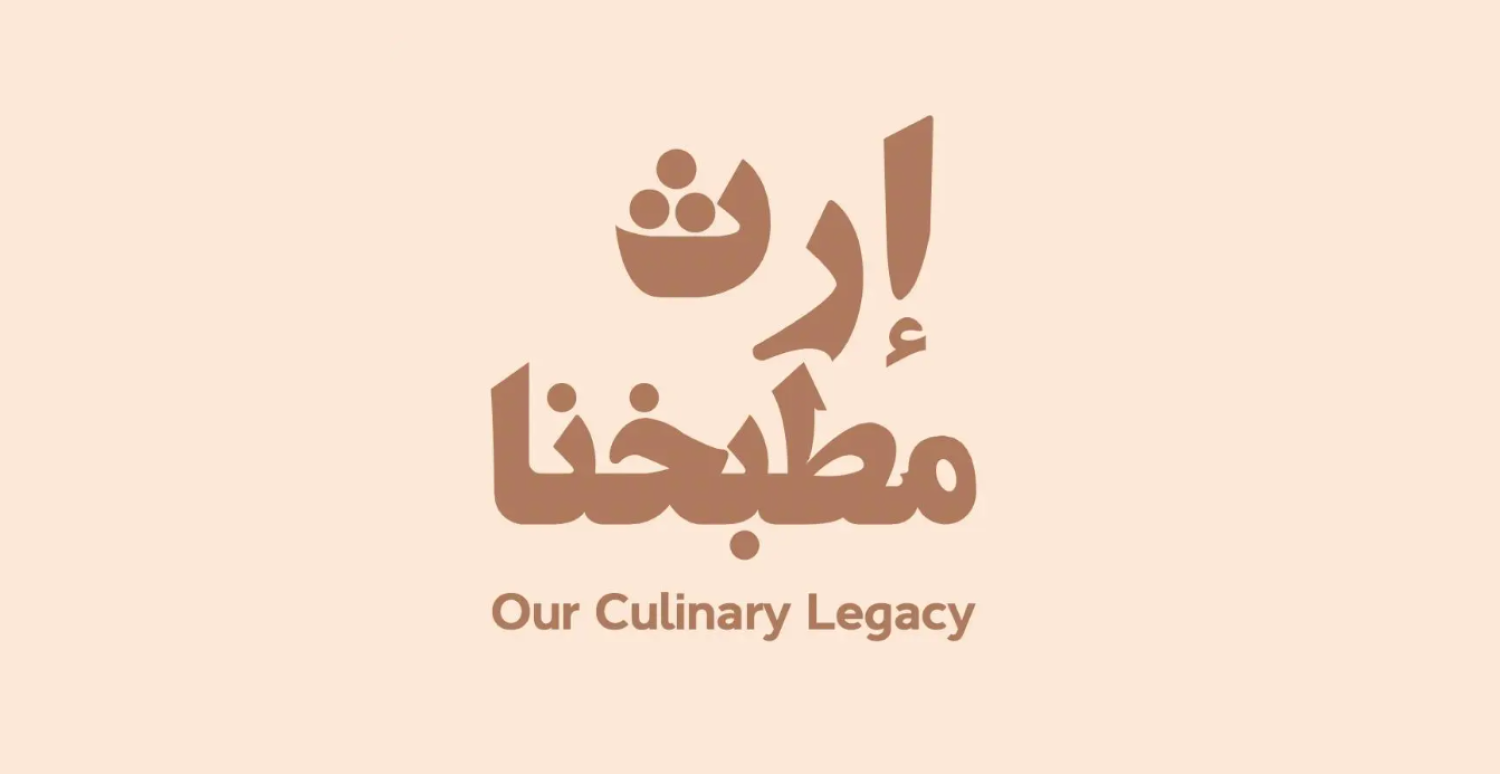“I Need you for some Travel” is the title of a new book that has been recently published by Dar Al Nahda publishing, Beirut, featuring a selection of poems of the late Iraqi poet Khaled al-Amin collected and introduced by Iraqi poet and artist Ali al-Bazzaz.
The book also includes testimonies about the late poet by Abdul Rahman Tohmazi, Abdulrazzak Rashid al-Naseri, Ahmed al-Baqeri, Abdul Hussein Hindawi, Aziz Abdul Saheb, Sanaa Abdul Kader Mustapha, Akil Habash, and Fadel Abbas Hadi. It also displays a collection of photographs of the poet and handwritten poems of him that are published for the first time.
“It took me over 20 years to collect the archive of poet Khaled Amin. During this time, I met many people and got many promises about poems and articles he wrote but unfortunately, few met their words! It is like they are secrets that are meant to be kept in layers of disguise and fear. Maybe someone would come out and publish what they have of the late poet’s heritage and make us happier. What could a poet that has no grave want more than that?” said al-Bazzaz in the introduction.
Khaled Mahmoud Ahmed al-Amin was born in 1945 in Nasiriyah and lived in it. He joined the “Central Command”, a fraction that emerged within the Central Unit of the Iraqi Communist Party, and led the “Armed Struggle Movement” in Nasiriyah against Al Baath, and failed at the time.
Amin was arrested by the Iraqi security forces and jailed at the notorious “Nihaya Palace” prison, in which almost all prisoners ended up dead. The news about the arrest and tragic fate of Amin were conflicting (the anecdotes are many but none of them has been documented or confirmed).
The only certain thing is that Amin died of torture, and his body has never been found, similar to many other heroes who had tragic endings.
















